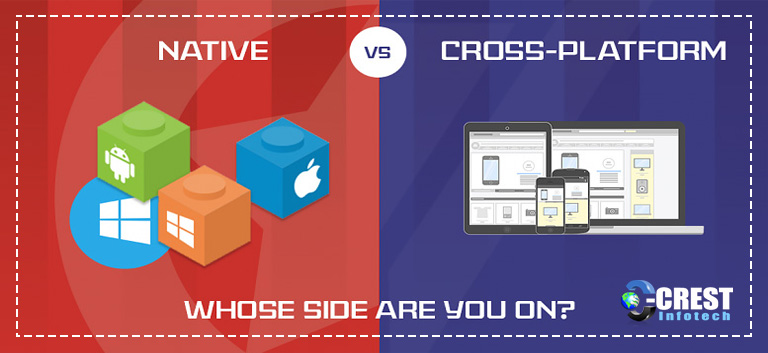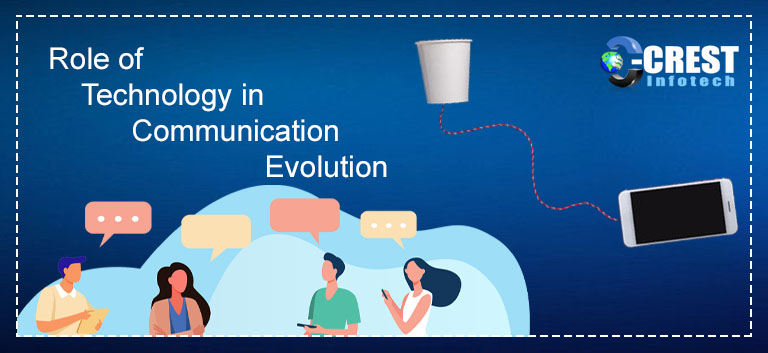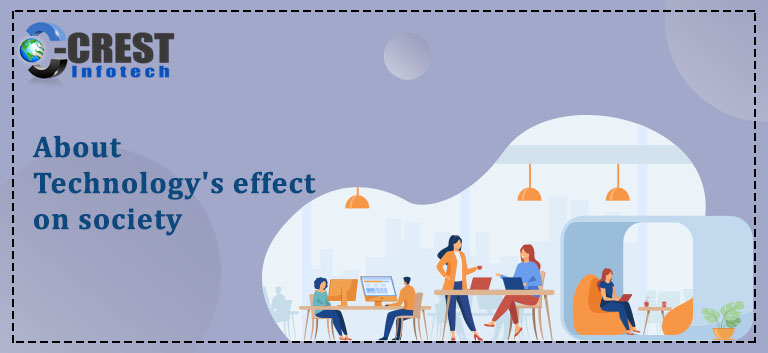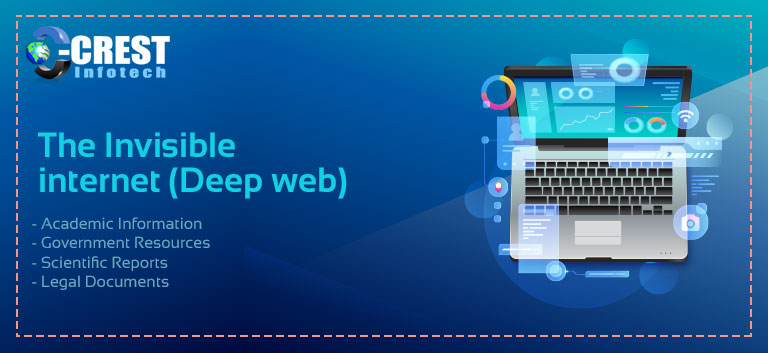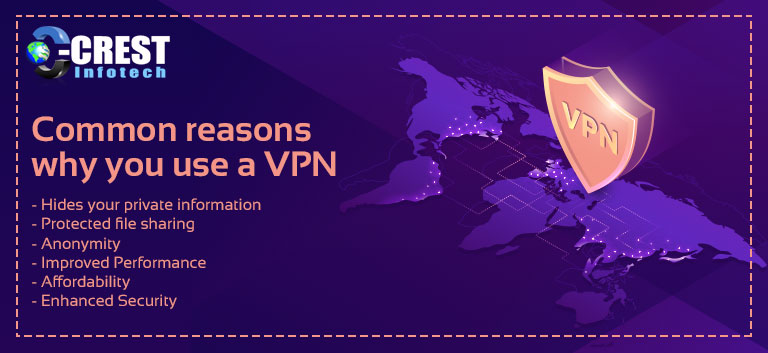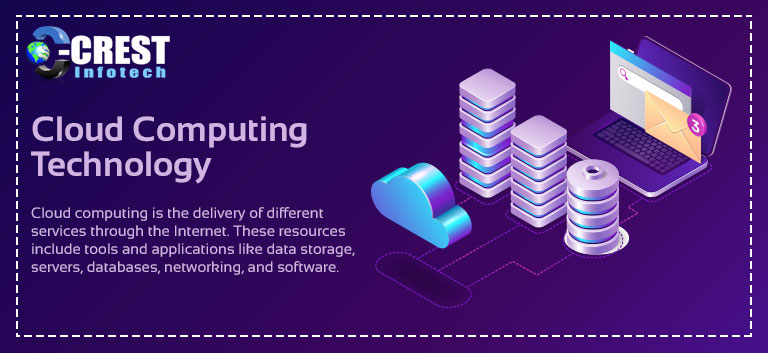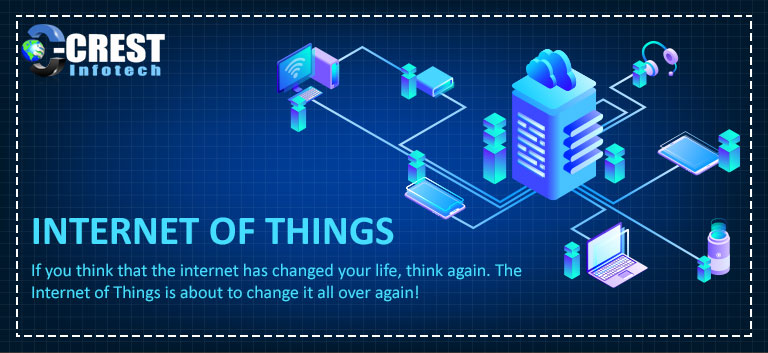Today, the industry completely revolves around the consumer. More than sixty percent of shoppers use mobile apps, and can thus experience the demand for them. Without the app, a brand will not be able to market its product as its counterpart. Apps are something that improves the whole process of selling, but another confusion that exists for developers and businesses is what kind of software do they use? Will it be a native app, a mobile app or a cross-platform app? We can see that cross-platform applications are gaining a marginally upper edge in the industry, holding it.
In the case of multi-application mobile platform problems, cross-platform software development frameworks have gained ample prominence. The best part is that it is possible to use again and again the code written once.
What’s the difference between native apps and cross-platform apps, according to a mobile app development firm?
The developer has to write separate codebases for the native apps for each platform on which they run. Although the cross-platform production of mobile applications, on the other hand, adheres to native SDKs, the consumer experience is also not hindered at all.
The way that native applications and cross-platform applications work:
A strong distinction can be made between them if one has to understand how these applications will work or how they will develop the software. Only on the mobile platform for which it has been explicitly built can a native app be used, while a cross-platform app can be used across multiple platforms. Tools such as camera and GPS are in-built in the case of native Android app development, although it will have to function like a web app in cross-platform app development to use these native resources.
Creation and Coding of App:
The same coding for each platform will not be used by a native mobile app developer. Often, they have to start from scratch while they are creating a new app on the same platform. It will take a lot of time and might not be suitable for a mobile app development company that has many apps on different platforms to develop.For any software it creates, on any device, a cross-platform mobile app will use a similar code base, and the code can be reused as many times as the developer wishes.
Advantages of cross-platform application creation for the development of cross-platform apps Company:
One does not need any additional team or recruit experts from outside the business to work with cross-platform mobile app development. The mobile cross-platform app uses very simple languages such as HTML, CSS, and Javascript, so running on it is easy for any programmer.
Production time for developers of cross-platform apps:
Because cross-platform mobile development uses a single code base with multiple platform numbers, it enables developers to reuse approximately fifty to eighty percent of the code. A large amount of time in the production process will be saved by the entire process.
Production time for developers of cross-platform apps:
Because cross-platform mobile development uses a single code base with multiple platform numbers, it enables developers to reuse approximately fifty to eighty percent of the code. A large amount of time in the production process will be saved by the entire process.
Cutting back the cost:
Although the more time is used in the production process of an app, the more cash is spent. Again and again, the use of code means that less time is taken, essentially reducing the cost. The app would find its way to a significant portion of the audience as the cost of production would be minimal. The best use of resources also decreases costs for production.
Minimum commodity that is viable:
A critical position among programmers and developers has been obtained by the minimum viable product. The MVP launch effort is also decreasing with the centralized effort. To work on the MVP, common code can be used, and further features can also be applied to it.
Duplicate Code Use:
You can see yourself surrounded by a lot of different types of codes as one operates on a native app. As developers deal on cross-platform applications, with minute changes, a single code can be used again, so there is no more fear of being surrounded by multiple codes and operating on them.
Integration Ease:
The Cross-platform app integration method is also straightforward. To do so, one can make use of the cloud environment.
Production using React Native: best framework for cross-platform app development:
React Native is a framework that is part of JavaScript, and the programming framework is being widely used .The explanation for the success of the production of react-native cross-platform apps is that there are many talented professionals that can work in the field very effectively. The creation using React native also offers code quality, i.e. it is possible to reuse the code components
Native vs. Development of Cross-Platform Mobile App: 9 factors to remember
- UI unique to the platform elevated FPS
It’s still not native to the heart, no matter how outstanding cross-platform creation may get in imitating nativity. The highest FPS rate and platform-unique interface are only 100% Android/iOS/Windows Phone applications. However, it is a good way to boost user experience to create separate UIs for iOS and Android in the corresponding Xamarins. - Production Video/audio
The most whimsical features in any mobile app are likely to be video/audio channels. You can select either native or Xamarin.iOS/.Android mobile platform creation in order to be on the safe side and ensure that apps can display their best actions. - Access to particular hardware
Although it is definitely not an issue for a native application, it is a big challenge to get in touch with the unique hardware of the network for a cross-platform one. Xamarin, however, has solved it: the software built with Xamarin.Forms or Xamarin.iOS/Android can easily connect to any device’s hardware. - Advanced access to networks
Xamarin is very competitive in keeping up with native growth in several ways, as you might have already seen in the info graphics, and poses a clear competition for it. In comparison to Cordova, Xamarin applications have no network access restrictions, thanks to the strong libraries of this platform and the out-of-browser operating principle. - Integrating with maps
Both image processing and relation to GPS are involved in maps. Only a system that offers a high frame-per-second rate and easy access to hardware can therefore build such an application. Given our experience in the development of Xamarin, we are sure that this framework is as suitable as native development tools for developing applications with perfect integration of maps. - Elevated efficiency
Within the sense of cross-platform development, the efficiency of any application is governed by its fundamental operating principle. The Cordova program, which runs within its own invisible browser, has a large number of limitations and is hardly capable of supporting any intricacies, whereas Xamarin helps to build near-native feature applications. - ERP Integration, CRM
If the ability to integrate with ERP or CRM is your main requirement for an application, then your choices are not restricted. In reality, you shouldn’t worry at all: for all mobile application development platforms, simple integration with business tools is guaranteed. - Saving on Expenses
For more strength and opportunities, we still pay more. Since Cordova has a browser wrapper, it is better suited for simple application creation and is your cheapest choice since it is open source. On the other hand, with Xamarin, you’ve got more freedom…and a mandatory license charge. In addition, if you choose to tailor the UI with Xamarin to iOS and Android, the costs would grow even higher because of the need to test a larger chunk of code. But clearly, separate development of native applications would cost you the most for all three platforms. - Long-term security for investments
Most definitely, Android, iOS and Windows Phone will be out there forever, so there is a 0 percent chance of long-term investment with them. SAP and the open-source community officially support Cordova, which also gives you a feeling of trust in the future. Previously, when Xamarin was a standalone company, it was more of a gamble to create an app with it. Previously, when Xamarin was a standalone company, it was more of a gamble to create an app with it. But now, when Microsoft is funded by the company, it’s a solid investment.
You can also Hire Mobile Developer. Contact Crest Infotech to know more about Dedicated Development services in Details.
